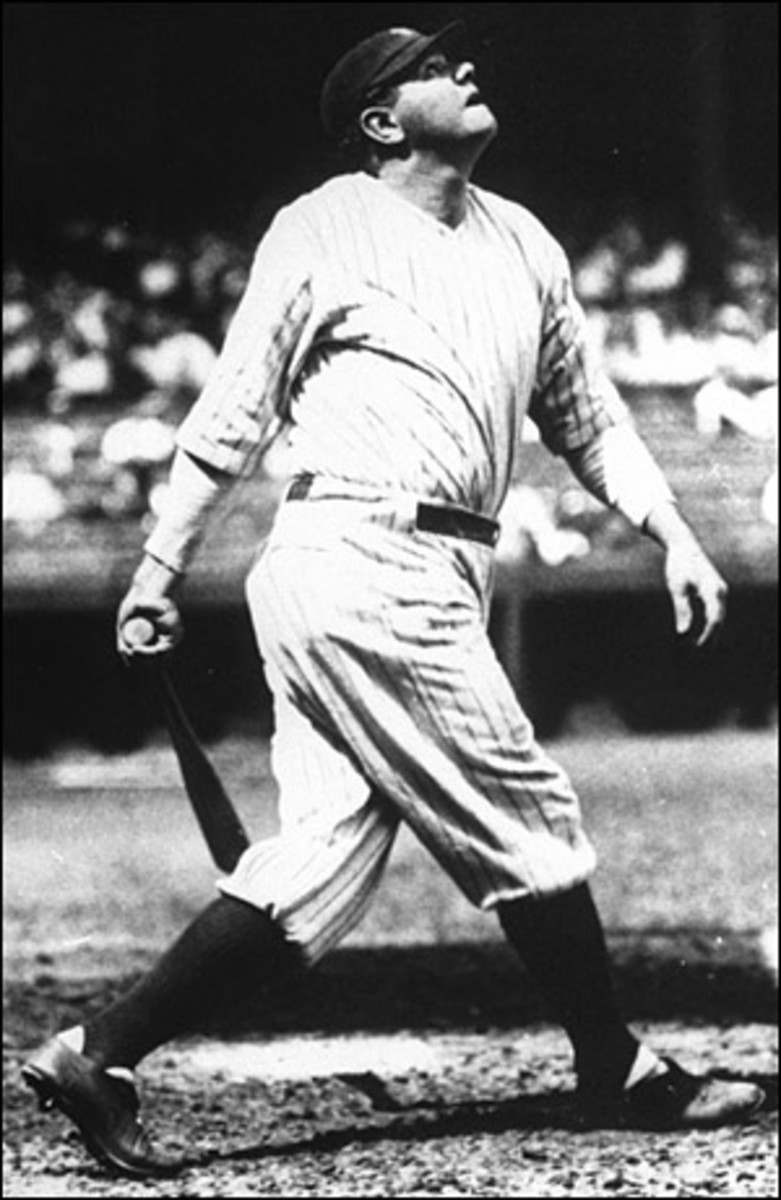Lessons from the Mitchell Report


A variety of thoughts on the Mitchell Report now that the dust has begun to settle:
It's interesting how apologists claimed that taking any performance-enhancing drug could not possibly help anybody hit a major-league pitch. But now the proof is in the pudding: If so many hitters used them, steroids helped plenty. In a real way, baseball, which proceeds rather leisurely, may actually be a more difficult physical sport to play than all the back-and-forth games. After all, on top of a prime athletic body, you must have the keenest hand-eye coordination, as well as an ability simply to endure six months of games, with only about three off-days a month.
The two sports are very different, but it's the day-to-day grind that makes baseball and cycling so similar, and so seductive to drug use.
*******
It's indicative of how the entitled modern athletes ---- or at least those who cheat ---- think, so that even when they presume to apologize, they can't. Did you hear Andy Pettitte's statement? "If what I did was an error in judgment, I apologize."
Andy, I'm sorry, but no apology can begin with the word if.
*******
But let's look on the bright side. The Report does give Barry Bonds more esteemed company as a cheat. Right? Unfortunately for him, though, it removes the one excuse his supporters offered -- that he was picked on for racial reasons. Now that Roger Clemens, a white man who is to pitching in this era what Bonds has been to hitting -- has been fingered and dishonored, Bonds, as a black man, can't claim that he has been discriminated against. In fact, it's terribly ironic that Bonds and Clemens who share so very little -- one black, one white; one hitter, one pitcher; one National Leaguer, one mostly an American Leaguer -- will forever be joined in infamy. They'll be the Bonnie and Clyde of baseball.
************
But apropos of Messrs. Bonds and Clemens, here's a thought: Can we simply put a moratorium on Hall of Fame discussions for the next five years? Please.
***********
For failing to cooperate with the investigation and for, at the least, tacitly encouraging players ---- even those who would be charged in the report -- not to speak to Senator Mitchell, the players association once again has clothed itself in the mantle of the obstructionist. If it has any sense of perspective or public relations or responsibility the union will now stop its picayune objection to blood testing for HGH -- human growth hormone. A blood test may well be ready by the summer Olympics. Examining blood or urine: for goodness sake, what's the difference? Especially when it's the very integrity of the game which is at issue.
*********
For that matter, wouldn't it be sensible if all four major team sports in North America joined together to use the same independent drug testing organization? Same rules, same procedures, same truth.
*********
Baseball fans have, in a way, already put the whole drug issue behind them. The controversy does not seem to have kept a single ticket-buyer away. Baseball has never thrived so.
It's part of the folklore that after the Black Sox World Series fix of 1919, Babe Ruth saved the game. We've come to just accept that. Now I wonder. The Babe was obviously a magnificent distraction, but seeing the way fans have stood by the game even during all the recent ugly revelations, I wonder if one player really mattered. We Americans just seem to accept our National Pastime, even when it lets us down.
